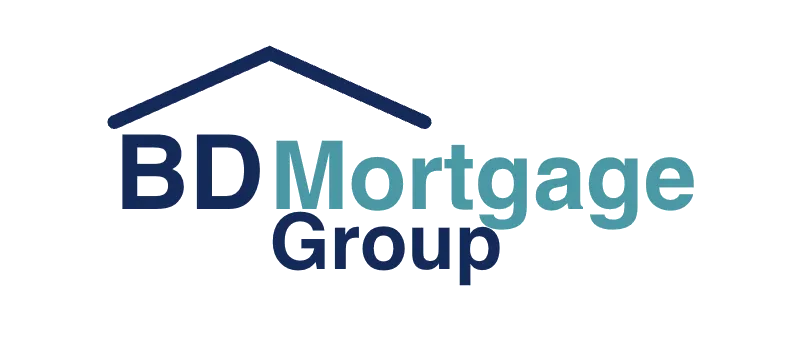ATTENTION: Homebuyers
Reverse Mortgages: Unlock Your Home’s Equity in Retirement
Understanding Reverse Mortgage Loans: A Comprehensive Guide for Seniors.
A Reverse Mortgage allows homeowners age 62 and older to turn part of their home’s equity into tax-free cash—without selling their home or making monthly mortgage payments.
If you’re a retiree looking for financial flexibility, this guide covers everything you need to know: how it works, who qualifies, the pros and cons, and answers to the most common questions.u make informed investment decisions.
What Is a Reverse Mortgage?
A reverse mortgage is a special type of home loan that works opposite of a traditional mortgage. Instead of making monthly payments to a lender, the lender pays you.
The most common reverse mortgage is the Home Equity Conversion Mortgage (HECM), insured by the FHA.
You can choose to receive the money as:
Lump sum – one-time payout
Monthly income – steady payments you can count on
Line of credit – flexible funds you can tap when needed
Combination – a mix that fits your retirement plan
Who Qualifies for a Reverse Mortgage?
You may be eligible if:
You’re 62 or older
You own your home outright or have significant equity
The home is your primary residence
You stay current on property taxes, insurance, and upkeep
Your property is a single-family home, 2–4 unit residence, FHA-approved condo, or manufactured home (with requirements)
📌 Quick Tip: If you’re unsure, we can check your eligibility in just a few minutes.
Example of How It Works
Let’s say you’re 70 years old and own a home worth $300,000 with no mortgage. Based on FHA guidelines, you might access around $150,000 of that equity.
You could:
Take $50,000 as a lump sum for renovations
Receive $1,200/month for extra retirement income
Keep a $40,000 credit line available for medical expenses
This flexibility makes reverse mortgages powerful retirement tools.
Do You Still Own Your Home?
Yes—you remain the homeowner and your name stays on the title. A reverse mortgage is simply a loan secured by your home. As long as you:
Live in the property as your primary residence
Keep up with taxes, insurance, and maintenance
👉 You cannot lose ownership.
When Does the Loan Need to Be Repaid?
The reverse mortgage becomes due when:
You sell the home
You permanently move out
The last surviving borrower passes away
At that time, heirs can:
Repay the loan and keep the home
Sell the home and use the proceeds to pay off the balance (any remaining equity goes to them)
Walk away if the balance is higher than the home’s value—thanks to FHA insurance, heirs are never responsible for more than the home’s value.
Pros & Cons of Reverse Mortgages
Advantages:
✅ No monthly mortgage payments
✅ Access tax-free cash from home equity
✅ Multiple payout options
✅ Stay in your home
✅ FHA protection for you and heirs
Considerations:
⚠️ Home equity decreases over time
⚠️ Loan balance grows as interest accrues
⚠️ You must keep up with taxes, insurance, and maintenance
What Can You Use the Funds For?
There are no restrictions. Homeowners often use reverse mortgage proceeds for:
Covering healthcare or in-home care
Paying off existing debt or mortgage
Home repairs and upgrades
Supplementing retirement income
Helping children or grandchildren financially
STILL NOT SURE?
Frequently Asked Questions
We understand there still may be questions.
Question 1: Can I lose my home with a reverse mortgage?
Not if you meet the loan requirements (live in the home, pay taxes/insurance, maintain the property).
Question 2: What happens to my house when I die?
Your heirs decide whether to keep the home by paying off the loan, sell it, or let it go if the balance exceeds the value.
Question 3: How is a reverse mortgage different from a HELOC?
Unlike a HELOC, a reverse mortgage doesn’t require monthly payments and can’t be frozen or canceled as long as you meet requirements.
Question 4: Are reverse mortgage proceeds taxable?
No, the money you receive is considered loan proceeds, not income.
Is a Reverse Mortgage Right for You?
A reverse mortgage may be ideal if you:
Want to stay in your home long-term
Need extra income in retirement
Prefer flexibility in how you access your equity
It may not be right if you plan to move soon or want to leave the maximum equity to your heirs.
Take the Next Step
A reverse mortgage is not a one-size-fits-all product—it’s a personal financial decision. Our team will walk you through your options, run the numbers, and answer your questions.
No credit terms or conditions are advertised on this page. Information is educational only and subject to change without notice. Eligibility, documentation, and underwriting outcomes vary by applicant. Contact BD Mortgage Group at 727-761-6111 for personalized guidance.
COMPANY
CUSTOMER CARE
RESOURSES
LEGAL

© Copyright 2025. BD Mortgage Group. All Rights Reserved.